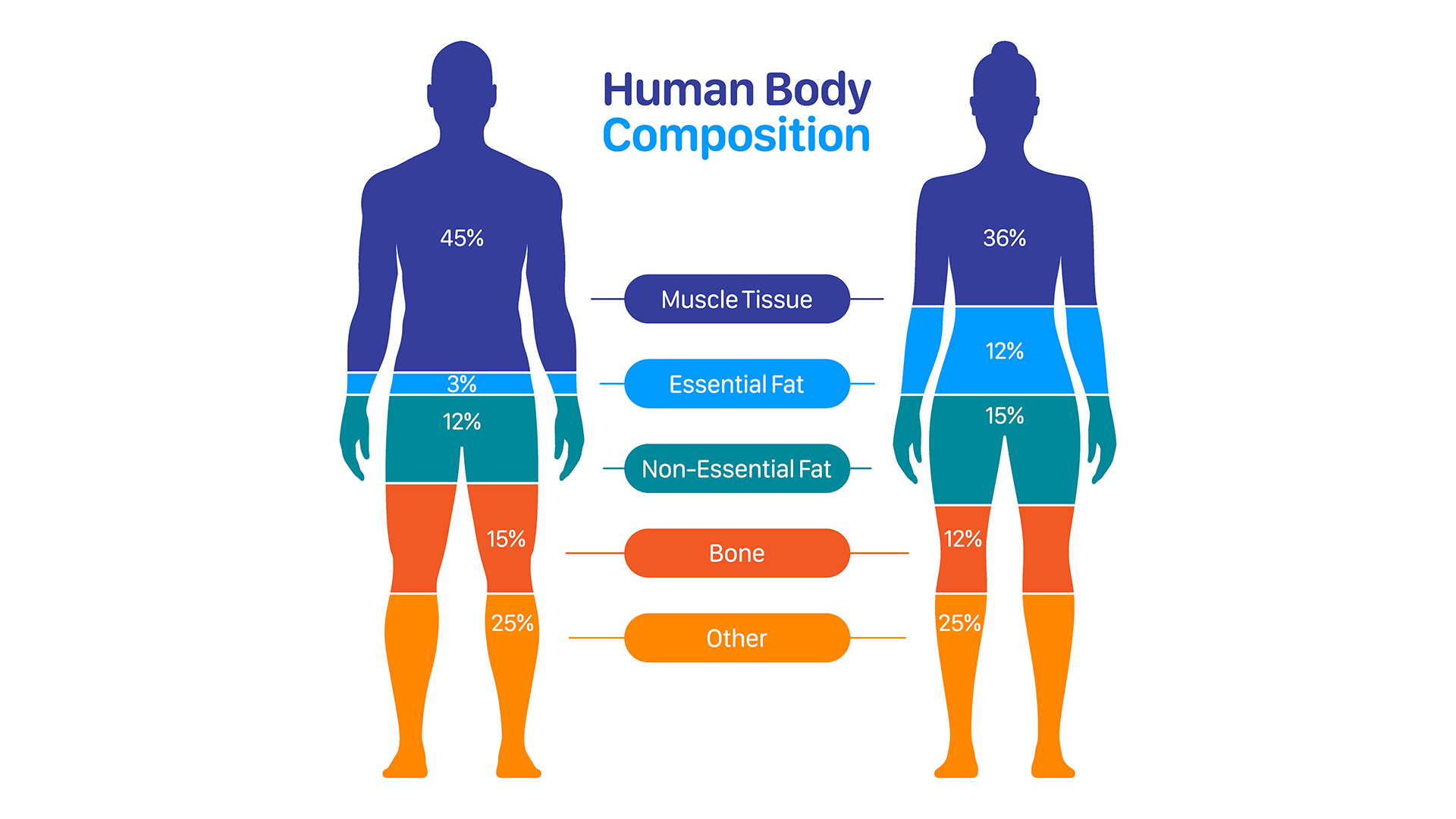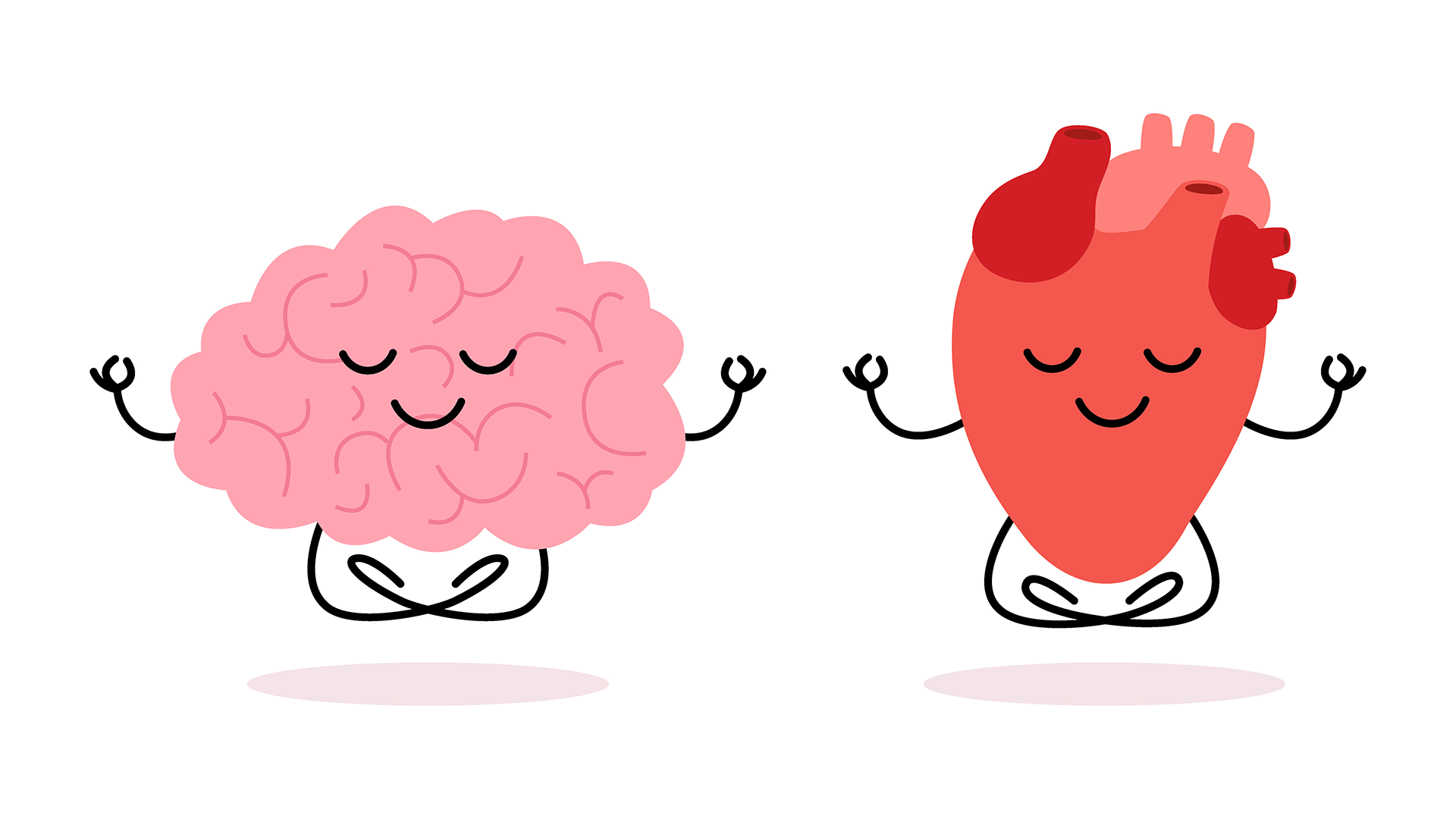Learn Your Way
to A Healthier Life

According to the Centers for Disease Control and Prevention (CDC), chronic diseases such as diabetes, heart disease and chronic obstructive pulmonary disease (COPD) are responsible for 7 out of 10 deaths annually in the United States. Managing these conditions requires continuous monitoring, early intervention and personalized care—tasks that can be challenging for healthcare providers. Artificial Intelligence (AI) is helping to reshape how chronic diseases are handled, enabling more efficient, proactive and patient-centered care.
Controlling these conditions typically involves:
- Regular monitoring of vital signs and symptoms
- Adherence to medication regimens
- Lifestyle modifications—including diet and exercise
- Frequent communication between patients and healthcare providers
The complexity of managing chronic diseases has led to a rising demand for solutions that can enhance care delivery while reducing the burden on providers.
Early Detection and Predictive Analytics
AI algorithms excel at analyzing vast datasets to identify patterns and predict health outcomes. This is particularly valuable in detecting chronic conditions early—even before symptoms appear.
Machine learning is used to predict diabetes risk by analyzing electronic health records (EHRs) and identifying patients at risk of developing type 2 diabetes. Electrocardiogram (ECG) data to detect arrhythmias and other signs of heart disease is also analyzed with machine learning methods. By flagging individuals with high risk factors, healthcare providers can identify issues that might be missed during routine check-ups—enabling earlier clinical treatment.
Personalized Treatment Plans
AI systems play a crucial role in advancing personalized medicine by analyzing vast amounts of patient data, including medical history, genetics and lifestyle factors. This enables the development of highly individualized treatment plans that improve patient adherence and outcomes.
For example, oncologists leverage AI systems to create evidence-based treatment recommendations for cancer patients, suggesting personalized therapies that align with patient-specific data and the latest clinical guidelines.
Remote Monitoring and Continuous Care
AI-powered remote monitoring devices allow patients with chronic diseases to manage their conditions from the comfort of their homes. These tools collect and analyze real-time data, alerting healthcare providers to potential issues before they escalate.
AI-enabled wearables monitor metrics such as heart rate, blood pressure and oxygen saturation. Smart inhalers can track medication usage and respiratory patterns in patients with COPD and asthma. The predictive algorithms of these devices can detect early signs of heart failure and declining lung function, respectively—allowing for timely medical intervention.
Enhanced Patient Engagement and Adherence
One of the most significant challenges in chronic disease management is ensuring patients adhere to treatment plans prescribed by their physicians. This can be overcome by leveraging advanced algorithms to provide personalized care, real-time feedback and continuous monitoring. These services are essential for managing conditions like diabetes, hypertension and cardiovascular disease by offering timely reminders, educational content and progress tracking—helping patients stay on course with their treatment plans.
AI algorithms use behavioral science principles to encourage healthy habits by analyzing patient data and recognizing patterns. For example, AI systems can use reinforcement learning techniques to deliver personalized nudges via smartphone app notifications—such as reminders to take medication or engage in physical activity—at the moments when patients are most likely to respond.
Reduced Healthcare Costs
Chronic diseases account for the majority of healthcare spending. AI technologies can reduce costs by preventing complications associated with long-term illnesses, minimizing hospital readmissions and optimizing resource utilization.
AI-powered virtual health assistants guide patients in managing their symptoms and deciding when they should seek care. These assistants help lower costs by reducing unnecessary doctor visits and ER trips.
Additionally, AI-powered healthcare management software streamlines administrative processes such as appointment scheduling, billing and data entry. They reduce the time and resources spent on these tasks, freeing up providers to focus on patient care.
As healthcare continues to evolve, AI stands at the forefront of transforming chronic disease management. By integrating predictive analytics, personalized treatment approaches and continuous monitoring technologies, AI offers a comprehensive solution to the complex challenges of managing long-term health conditions. These innovations not only improve patient outcomes by enabling early detection and personalized interventions but also address critical healthcare system challenges such as reducing costs, enhancing patient engagement and alleviating provider burdens.
References
Sign Up For More From iHealth
Receive the Latest News and Special Offers


















































